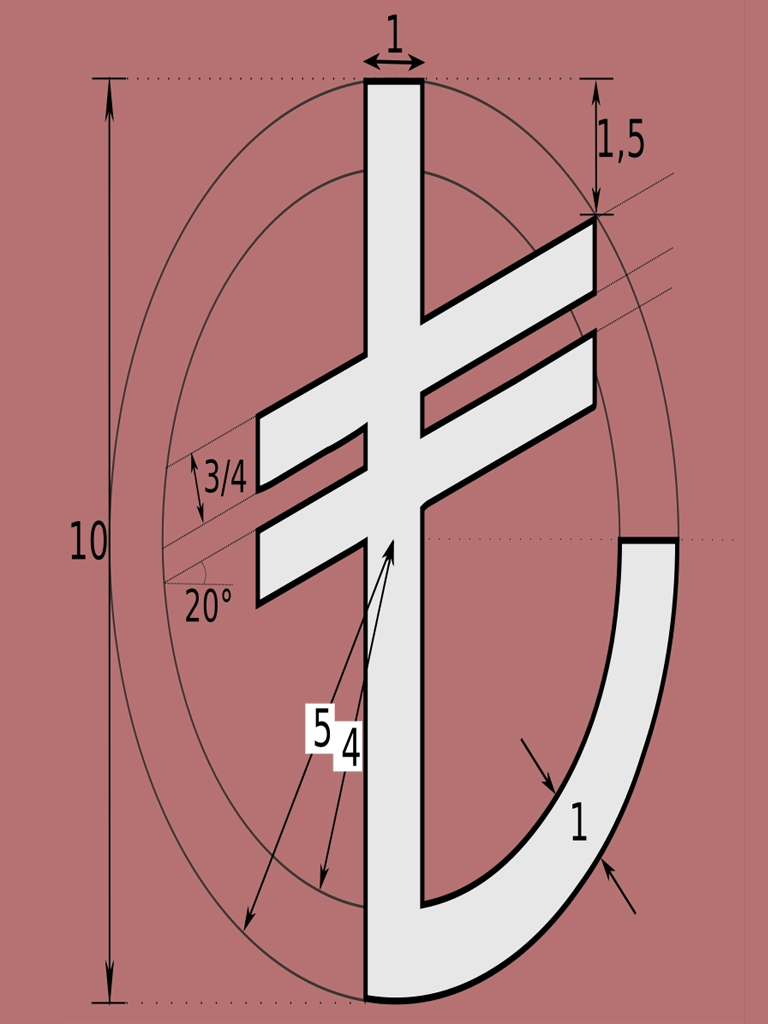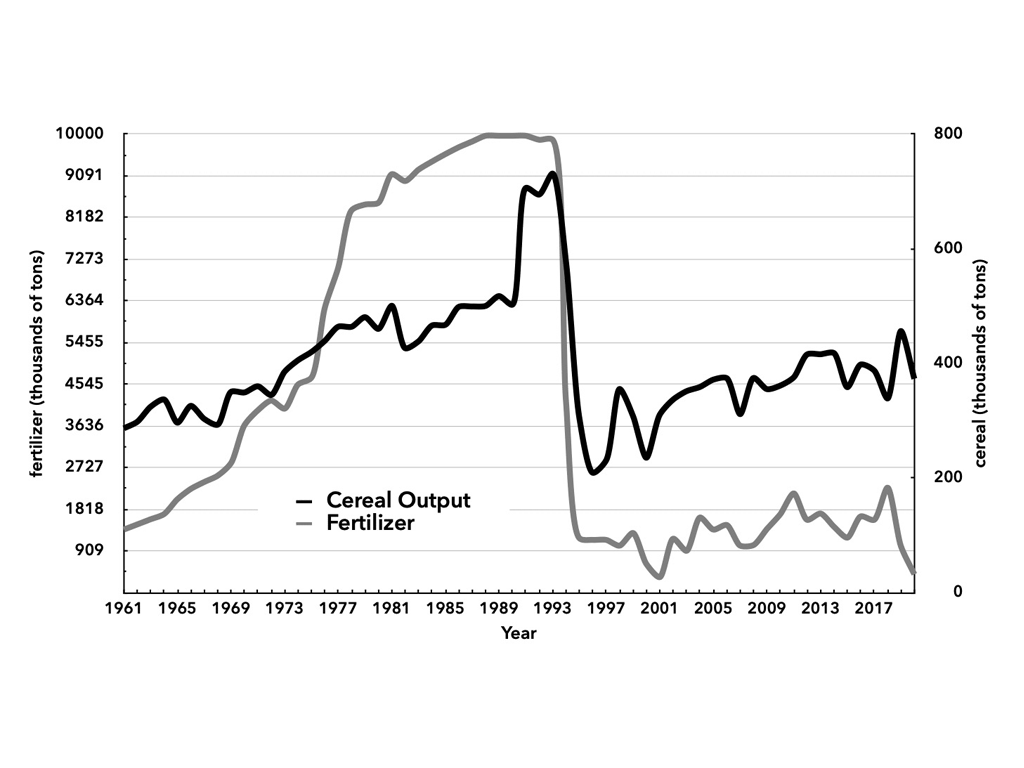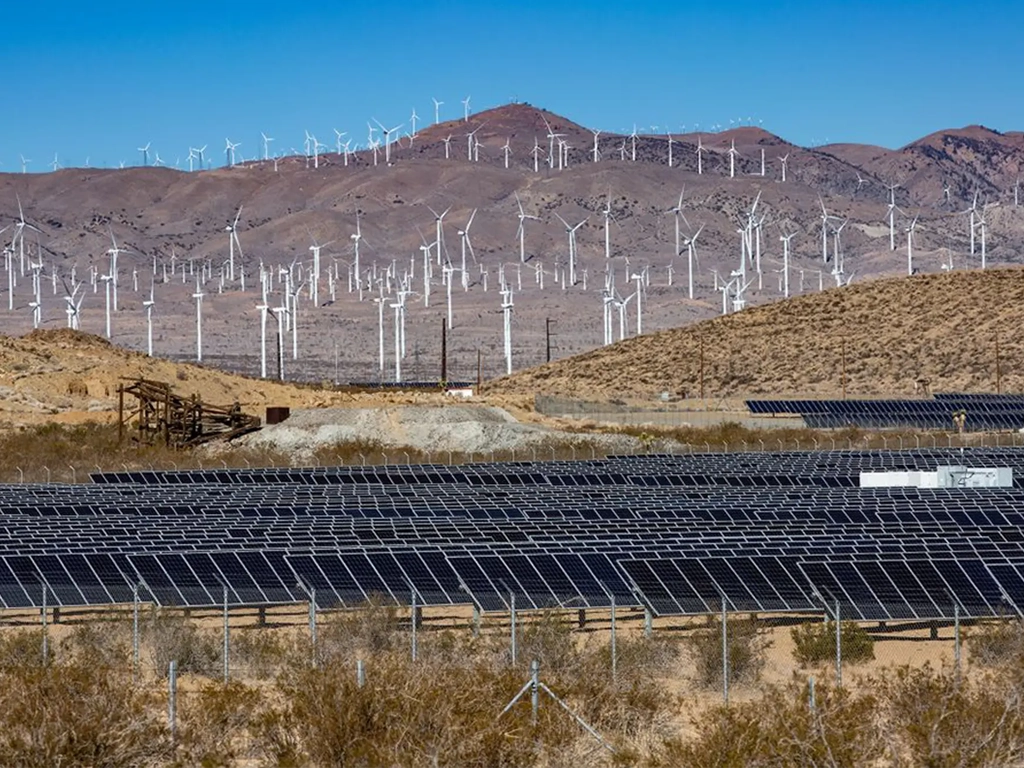Professor Ozgur Orhangazi on the Turkish Economy and Falling Lira
Turkey’s economy has defied expectations, balancing high inflation, deep external debt, and volatile interest rate policies. Decades of dependence on foreign capital and imports have left it vulnerable, with persistent economic fragilities and limited policy options.





